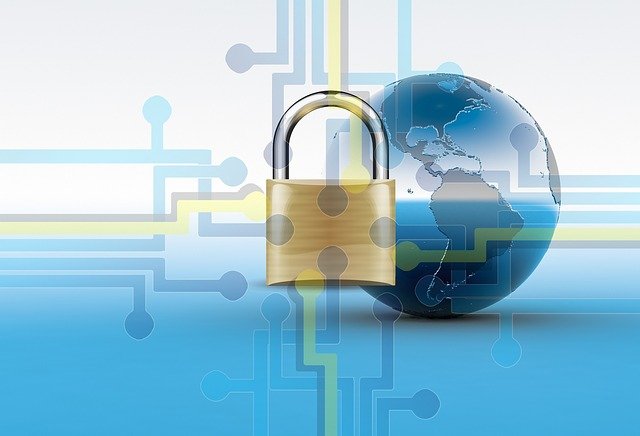

As a business owner, you must invest in cybersecurity. With the increasing rate of cybercrime, businesses must know how they can protect their sensitive data and keep their customer details stored online safe.
In addition, companies in the modern marketplace must at least store some, if not all, of their data online. Most businesses now own online shops or interfaces to store customer details to allow engagement or online purchasing.
Sometimes this could include highly sensitive information, like names, proof of ID documents, addresses, and customers’ financial details. It is therefore vital that business owners tighten up their security measures regularly.
Let’s find out how you can do this.
● Limit Data Access
It is invading and also time-consuming to monitor your employee’s cyber interactions. Therefore, if you wish to avoid checking cyber interactions, you should lay out policies to protect identifiable information and other sensitive data.
This can include limiting access to some information, adding layered security, requiring security questions, encryption, additional passwords, etc. Ensure that your employees properly understand the consequences of disregarding your business’s cybersecurity policies.
When you establish layered security, it would also help keep your vital information safe in case of system breaches.
● Passwords
As part of your defense against business interruption and cyber security, you should use robust passwords. This is often repeated, but busy computer users usually ignore this.
Adequate computer security should start with a strong password that features combinations of special and numeric characters. You can also try using screen timeouts and you can regularly change passwords.
However, using the same passwords for multiple accounts of websites is not. Passwords should not contain names, individual dates of birth, or apparent words. You should also avoid writing passwords on whiteboards or post-it notes. It is like delivering gifts to hackers.
Additionally, identify and verify users since it gives a secure footing. After that, your network IT administrators should set access privileges to limit, control, or deny file and directories access.
● Organize Phishing Training Courses
Regularly provide your employees with knowledge concerning ingredients online safety and metrics on how the Internet has improved and changed. In addition, you should perform this training regularly to keep your staff up-to-date with trading data infringement practices that will protect your company data and IP.
In addition, there should be reminders and training about email attacks form as part of policy protection. In particular, every member of your business should be able to differentiate between phishing frauds and legitimate emails and not trust links on the Internet.
But, again, the job of training can be left to your IT tech support, they’ll do it best.
● Business Firewall
Most businesses usually make use of routers that have been installed by your Internet Service Provider (ISP). However, you would need to add a firewall to manage the traffic allowed into your network and the websites visited on your network. This would prevent them from visiting compromised websites.
● Use Cyber Security Frameworks
You can use the National Institute of Standards and Technology (NIST) Cybersecurity Framework to develop an information security program. This framework would enable your organization to improve or create a cybersecurity plan irrespective of its size, cyber sophistication, or risk profile.
● Use Multi-Step Authentication
Multi-step authentication ensures that you have several stages of requirement before you reset a forgotten password or enter a database. These steps usually include a CAPTCHA, a mobile notification, or a security question. Multi-step authentication is one of the best tools for small businesses since it is practical, easy to implement, and cheap.
● Have Protection from Malicious codes, Spyware, and Viruses
Viruses are still out there. Therefore, every business owner should ensure that every business computer is equipped with updated Spyware and anti-virus software. Top brands always provide updates and patches to help protect your business against new there’s as they become known.
Configure the software to automatically save your IT department or yourself the hassle while ensuring that you are protected against new threats.
● Backup Your Data
The importance of regular data backups for small businesses’ cybersecurity cannot be overstated. When you do this, you will protect your business in case of a disaster.
Ensure that your vital data is backed up automatically stored in the cloud or offsite. Backups need to be tested regularly. If you doubt its reliability, then you can seek the assistance of an IT tech support.
That’s A Wrap
It might sound strange to focus on business cybersecurity for your business success. However, it is a necessity in the current world. Companies that do not prioritize securing their data could risk corrupting or losing sensitive information or face substantial financial consequences.





